1. Bertha
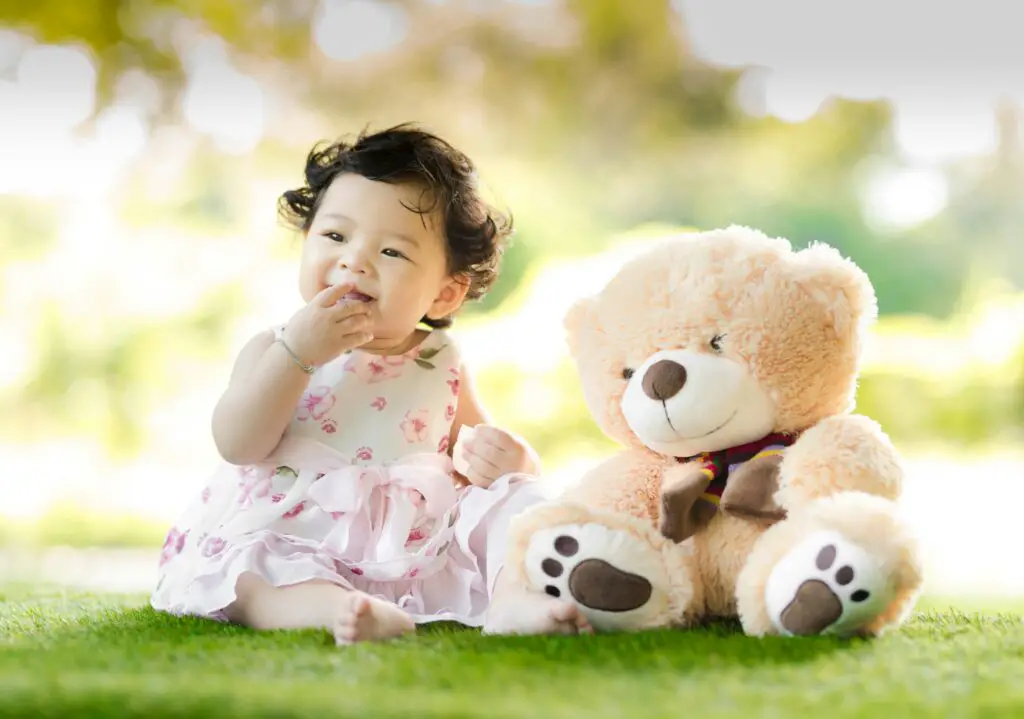
Bertha was a major name powerhouse in the late 19th and early 20th centuries. In 1880, when the Social Security Administration (SSA) first started keeping records, Bertha was the eighth most popular girls’ name in the country. It held strong in the top 100 for decades, making it a common choice for baby girls in the Victorian and Edwardian eras. But by the mid-20th century, Bertha was on a sharp decline. Its fall wasn’t just due to changing tastes—it became associated with less flattering images, like the World War I-era German artillery weapon “Big Bertha.” That gave the name a heavy, cumbersome feel that was hard to shake.
Pop culture also didn’t help. In books, TV shows, and movies, Bertha was often portrayed as an older woman, a strict matron, or even a comic relief character. By the 1980s, the name had nearly vanished from birth certificates, and today, it’s considered one of the most outdated names around. According to SSA data, fewer than five baby girls were named Bertha in recent years. Unlike other vintage names that have made a resurgence—like Eleanor and Hazel—Bertha has been left behind, unlikely to see a comeback anytime soon.
2. Elmer
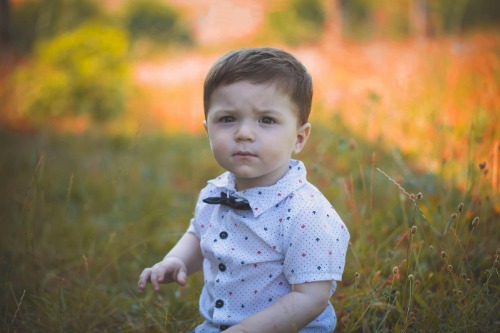
Elmer was once a solid and respectable choice for baby boys. In the late 1800s and early 1900s, it ranked consistently in the top 100 (SSA)and was considered a strong, traditional name. It had an old-world charm, and many early American businessmen, inventors, and politicians proudly carried the name. But as time went on, Elmer started to take on a different connotation—one that would lead to its near disappearance.
The biggest blow to Elmer’s popularity came from pop culture, particularly Elmer Fudd, the clumsy, lisping hunter from Looney Tunes. First appearing in the 1930s, Elmer Fudd became one of the most recognizable cartoon characters of all time. Unfortunately for the name, the character was known for being slow-witted and foolish, making “Elmer” an easy target for teasing. By the 1960s, Elmer had already dropped significantly in rankings, and by the 2000s, it had all but vanished. Today, it’s rarely seen on baby name lists, and while some quirky old-fashioned names like Oliver and Henry have made a comeback, Elmer still carries too much outdated baggage to stage a revival.
3. Mildred
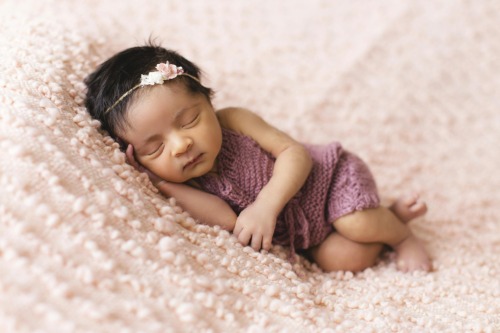
At the start of the 20th century, Mildred was a top-tier name. It peaked in popularity in the 1910s and 1920s, even cracking the top 10 most popular girls’ names for several years, according to the SSA. The name has an old-English origin, meaning “gentle strength,” which made it an appealing choice for parents who wanted a name with both a soft and strong feel. Many women born in the early 1900s were given this name, and to this day, it’s still associated with great-grandmothers and elderly aunts.
But that’s precisely why it fell out of fashion. By the 1950s and 1960s, Mildred was viewed as outdated, and younger generations were no longer using it for their daughters. Even though vintage names like Millie (a common nickname for Mildred) have seen a resurgence, the full name itself hasn’t followed suit. Today, it’s incredibly rare to find a baby named Mildred, and unless a celebrity brings it back into the spotlight, it’s likely to remain a name of the past.
4. Clarence

Clarence was once a name of prestige. In the late 19th and early 20th centuries, it was common among judges, businessmen, and politicians. The name had a refined, dignified air to it, and parents saw it as a strong choice for their sons. In 1900, Clarence ranked in the top 20 most popular boy names in America (SSA). It remained a solid choice for decades, but as tastes changed, Clarence started to sound more like an “old man’s name” than a baby’s name.
A turning point came in pop culture when Clarence became associated with mild, elderly characters, like the angel Clarence in It’s a Wonderful Life (1946). While the character was kind-hearted and beloved, it further cemented the idea that Clarence was an old-fashioned name. By the 1980s, it had fallen off the charts, and today, it’s extremely rare for newborn boys to be given the name. Unlike other classic names that have made a comeback, Clarence still feels stuck in the past.
5. Ethel

Ethel was one of the biggest names of the early 1900s, ranking in the top 20 for several years (SSA). It was seen as elegant, simple, and refined, making it a favorite among American families. However, as the decades went on, Ethel started to feel outdated, much like Bertha and Mildred. The decline began in the mid-20th century, and by the 1960s, it was already rare for new parents to choose Ethel for their daughters.
One of the biggest cultural references to the name came from Ethel Mertz, Lucy’s best friend on I Love Lucy. While the character was lovable, she reinforced the idea that Ethel was a name for older women rather than young girls. Today, it’s almost completely extinct, with fewer than five baby girls being named Ethel in recent years. Unlike some vintage names that have been revived, Ethel still feels like it belongs in the past.
6. Herman

Herman was a solid, traditional name that was incredibly common in the late 19th and early 20th centuries. With its Germanic roots and strong sound, it was a popular choice among immigrant families in America, particularly those of German descent. However, World War I and World War II caused a decline in Germanic names, and Herman was no exception.
Pop culture further cemented Herman’s outdated feel with the creation of Herman Munster from The Munsters (1964), a friendly but goofy Frankenstein-like character. The name quickly became associated with an old-fashioned, somewhat comical vibe, and by the 1970s, it was almost completely gone from baby name lists. Today, it remains one of the rarest names in the U.S., and while some old-fashioned names have made a comeback, Herman isn’t one of them.
7. Gladys

Gladys was once one of the most fashionable names for girls, particularly in the 1910s and 1920s. It has Welsh origins, meaning “land” or “princess,” and it had a sophisticated yet approachable feel. At its peak in the early 20th century, it ranked in the top 20 most popular baby names for girls. Many well-known women of the time carried the name, making it a common choice among parents looking for something refined yet strong.
But by the mid-20th century, Gladys started to lose its charm. It became closely associated with older generations, and younger parents began favoring fresher, more modern-sounding names. Even the legendary singer Gladys Knight couldn’t keep the name relevant for new generations. By the 1980s, Gladys was already rare, and today, it has nearly vanished from birth certificates. Unlike other vintage names that have experienced a resurgence, Gladys still carries a somewhat “old-fashioned” reputation, making it unlikely to return anytime soon.
8. Cecil

Cecil was a distinguished, upper-class name in the early 20th century. With strong ties to British nobility, it had an air of sophistication and refinement. In the U.S., Cecil consistently ranked in the top 100 boys’ names during the early 1900s. It was particularly common among families who wanted a name that sounded cultured and timeless.
However, Cecil’s popularity took a hit as American tastes shifted. By the 1950s, it started to sound more outdated, and by the 1970s, it had nearly disappeared. Unlike names such as Theodore or Oliver, which made a strong comeback, Cecil never regained its former popularity. One possible reason is that it lacks strong modern associations—no major celebrities or pop culture figures have brought it back into the spotlight. Today, it’s extremely rare for parents to choose Cecil for their baby boys, and unless something drastic changes, it’s likely to remain a name of the past.
9. Bessie
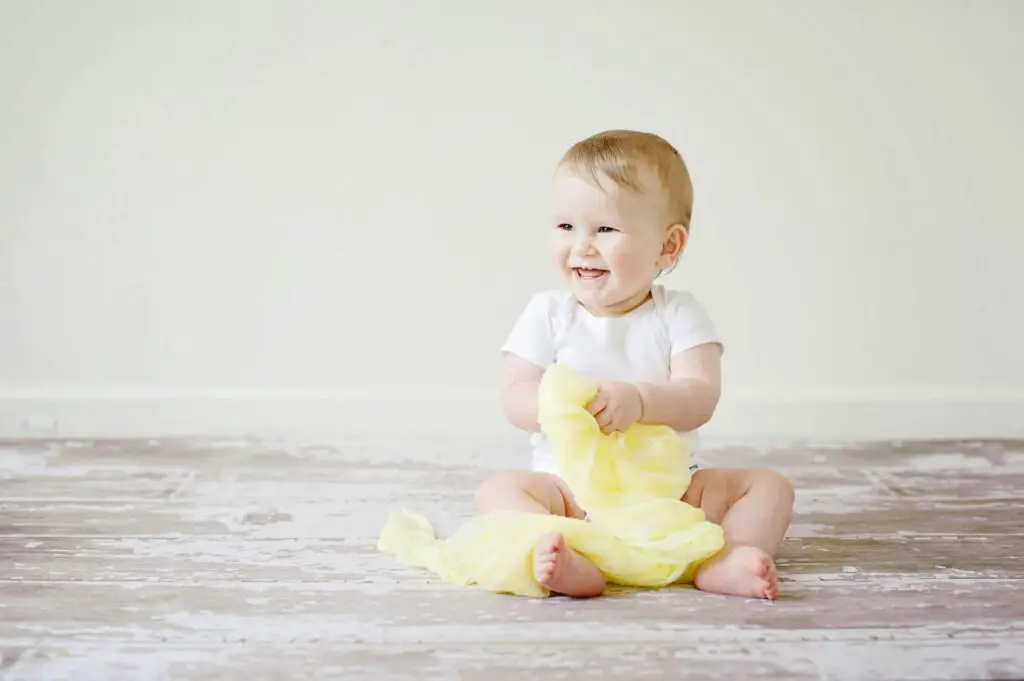
Bessie was once a staple in American households. In the late 19th and early 20th centuries, it was often used as a nickname for Elizabeth, but it was also popular as a standalone name. It had a friendly, approachable feel and was particularly common among working-class families. Many famous women of the era bore the name, including Bessie Smith, the legendary blues singer, and Bessie Coleman, the first African American female pilot.
However, over time, Bessie developed an unfortunate association with farm animals—particularly cows. By the mid-20th century, it was far more common to hear “Bessie” as the name of a dairy cow than a baby girl. This connection led to a sharp decline in popularity, and by the 1970s, Bessie had all but vanished. Today, it’s extremely rare as a given name, and despite the resurgence of other vintage names, Bessie remains burdened by its outdated and rural associations.
10. Floyd

Floyd was a strong, no-nonsense name that was widely used in the early 20th century. It had a rugged, masculine appeal and was particularly popular in the South and Midwest. Many early American athletes, musicians, and politicians bore the name, reinforcing its image as a solid, respectable choice. In the early 1900s, Floyd was a top 100 boys’ name, and it remained popular for several decades.
However, as naming trends shifted, Floyd started to sound old-fashioned and overly rural. By the 1960s, it had begun to decline sharply, and by the 1990s, it was nearly gone from baby name lists. While some vintage boy names—like Henry and Arthur—have made a comeback, Floyd hasn’t experienced the same revival. Today, it’s incredibly rare to find a young Floyd, and unless it gets a pop culture boost, it’s unlikely to return anytime soon.
11. Doris

Doris was one of the most stylish names of the 1920s and 1930s, consistently ranking in the top 10 for baby girls. Its origins trace back to Greek mythology, where Doris was a sea goddess. The name had an elegant yet straightforward sound, making it a favorite among American parents during its peak. It was further popularized by Doris Day, the beloved actress and singer, who helped keep the name in the public eye for several decades.
But by the 1960s, Doris began to feel outdated. The newer generations saw it as a “mom name” rather than a fresh, stylish choice for newborns. Unlike some other names from the same era, Doris hasn’t made a comeback. While vintage names like Violet and Hazel have surged in popularity, Doris remains stuck in the past. Today, it’s almost entirely absent from baby name charts, and unless a high-profile celebrity brings it back into fashion, it’s likely to stay that way.
12. Wilbur
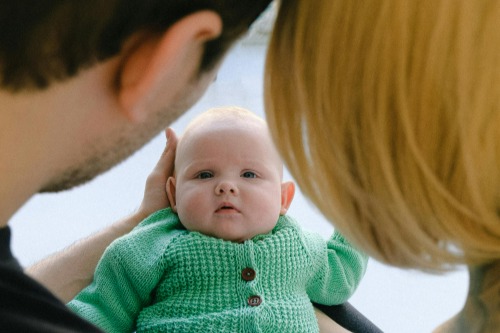
Wilbur was once a strong and respectable name, frequently associated with inventors, pioneers, and intellectuals. It was a top 100 name in the late 19th and early 20th centuries, and its most famous namesake is Wilbur Wright, one of the Wright brothers who helped invent the airplane. For a long time, Wilbur had a solid, hardworking, and intelligent reputation.
However, pop culture took a toll on the name. One of the biggest influences was Wilbur the pig from Charlotte’s Web (1952), a beloved but distinctly non-human character. As time went on, Wilbur became more associated with farm animals than people. By the 1970s, it had largely fallen out of use, and today, it’s nearly extinct as a baby name. Even though some old-fashioned names have been revived, Wilbur hasn’t quite made the cut. It remains a rare and quirky relic of the past.


